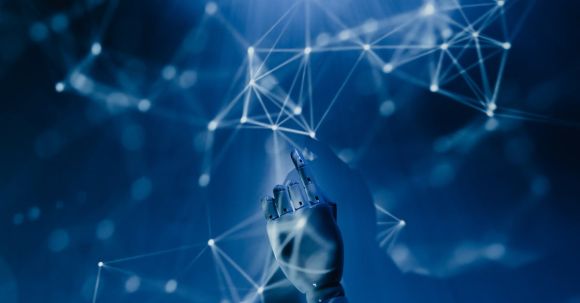Robots have become an integral part of our lives, from automated assembly lines to smart home devices that can perform various tasks. With advancements in artificial intelligence and robotics, the question arises: could robots replace humans in the future? While it is a complex and multi-faceted issue, this article will explore the various aspects of this topic and provide an insight into the potential future of human-robot interaction.
The Rise of Automation
One of the main driving forces behind the discussion of robots replacing humans is the rise of automation. Many jobs that were traditionally performed by humans are now being taken over by robots, thanks to their ability to perform tasks more efficiently and accurately. From manufacturing to customer service, robots are increasingly being used to streamline operations and reduce costs.
The Pros and Cons
There are several advantages to replacing humans with robots. Firstly, robots do not require breaks or sleep, meaning they can work around the clock without fatigue. This can lead to increased productivity and efficiency. Secondly, robots can perform tasks that are dangerous or physically demanding for humans, thus ensuring their safety. Additionally, robots can be programmed to have a higher level of precision and accuracy, reducing the margin of error in various industries.
However, there are also drawbacks to consider. One of the main concerns is the potential loss of jobs for humans. As robots become more capable, they could potentially replace a significant portion of the workforce, leading to unemployment and economic inequality. Furthermore, there are ethical considerations surrounding the use of robots, particularly in industries such as healthcare and elderly care, where human interaction and empathy are crucial.
The Human Touch
While robots may excel in certain tasks, there are certain aspects of human interaction that cannot be replicated. Empathy, creativity, and critical thinking are all skills that are uniquely human and cannot be programmed into robots. In sectors such as healthcare, where human connection and compassion are vital, robots may struggle to fully replace human caregivers.
Collaboration and Coexistence
Rather than viewing robots as replacements for humans, it is important to consider the potential for collaboration and coexistence. Robots can complement human skills and assist in performing tasks more efficiently. This could lead to a future where humans and robots work together seamlessly, with each leveraging their strengths to achieve optimal results.
Ethical Considerations
As robots become more advanced, ethical considerations become increasingly important. Questions arise regarding the impact on employment, privacy, and human rights. It is essential to establish guidelines and regulations to ensure that the use of robots benefits society as a whole, rather than creating further inequalities.
The Future of Human-Robot Interaction
While it is impossible to predict the exact future of human-robot interaction, it is clear that robots will continue to play an increasingly significant role in our lives. Rather than fearing their potential to replace humans, we should embrace the opportunities they present. By focusing on collaboration, ethical considerations, and the preservation of human skills, we can shape a future where humans and robots coexist harmoniously.
In conclusion, the question of whether robots could replace humans in the future is a complex one. While robots offer advantages such as increased productivity and safety, they also raise concerns about job loss and ethical considerations. However, by focusing on collaboration and coexistence, we can harness the potential of robots to enhance our lives and create a future where both humans and robots thrive. The key lies in striking a balance between the capabilities of robots and the unique qualities that make us human.
